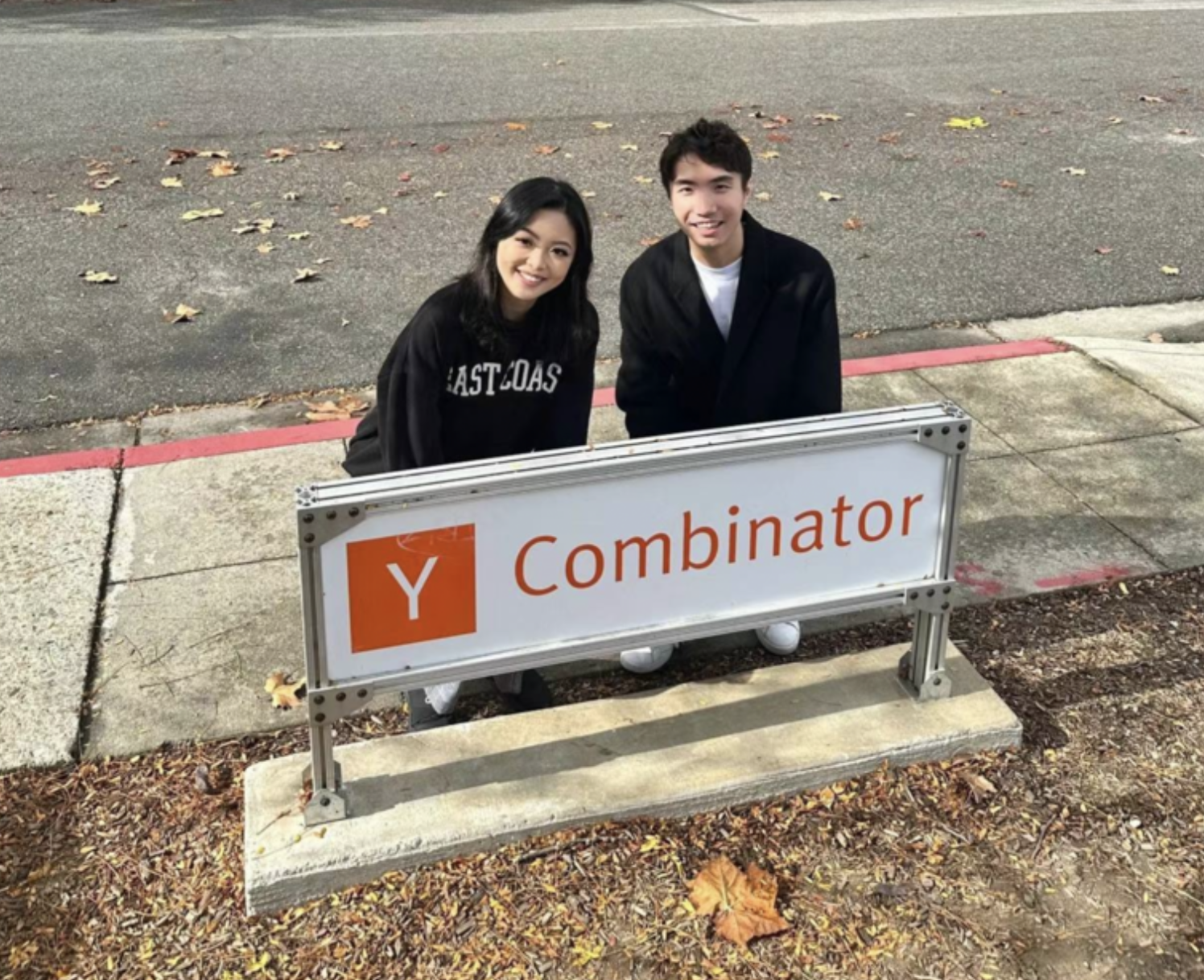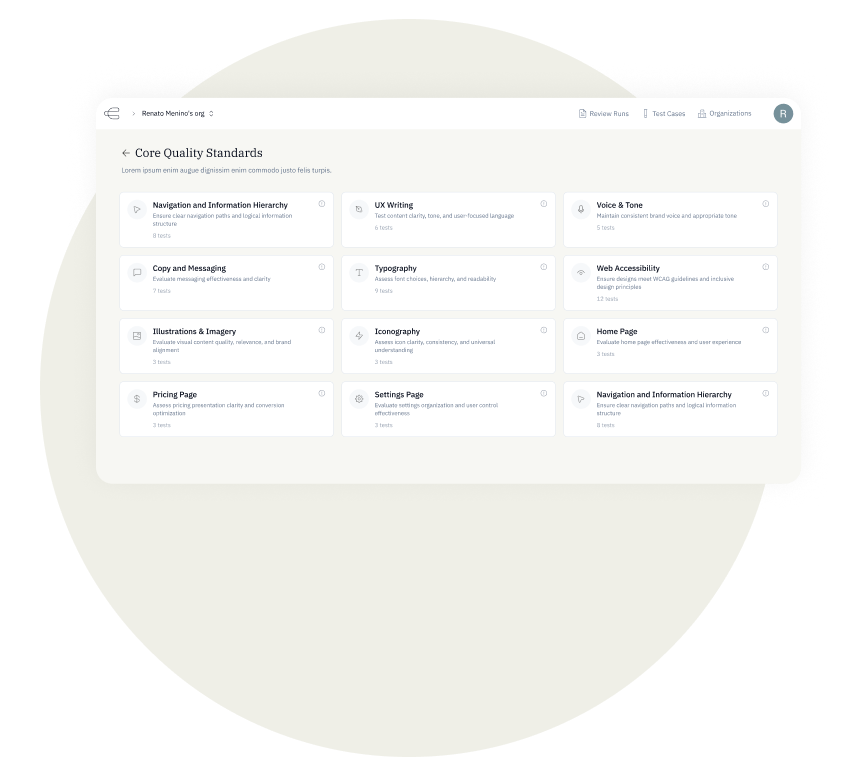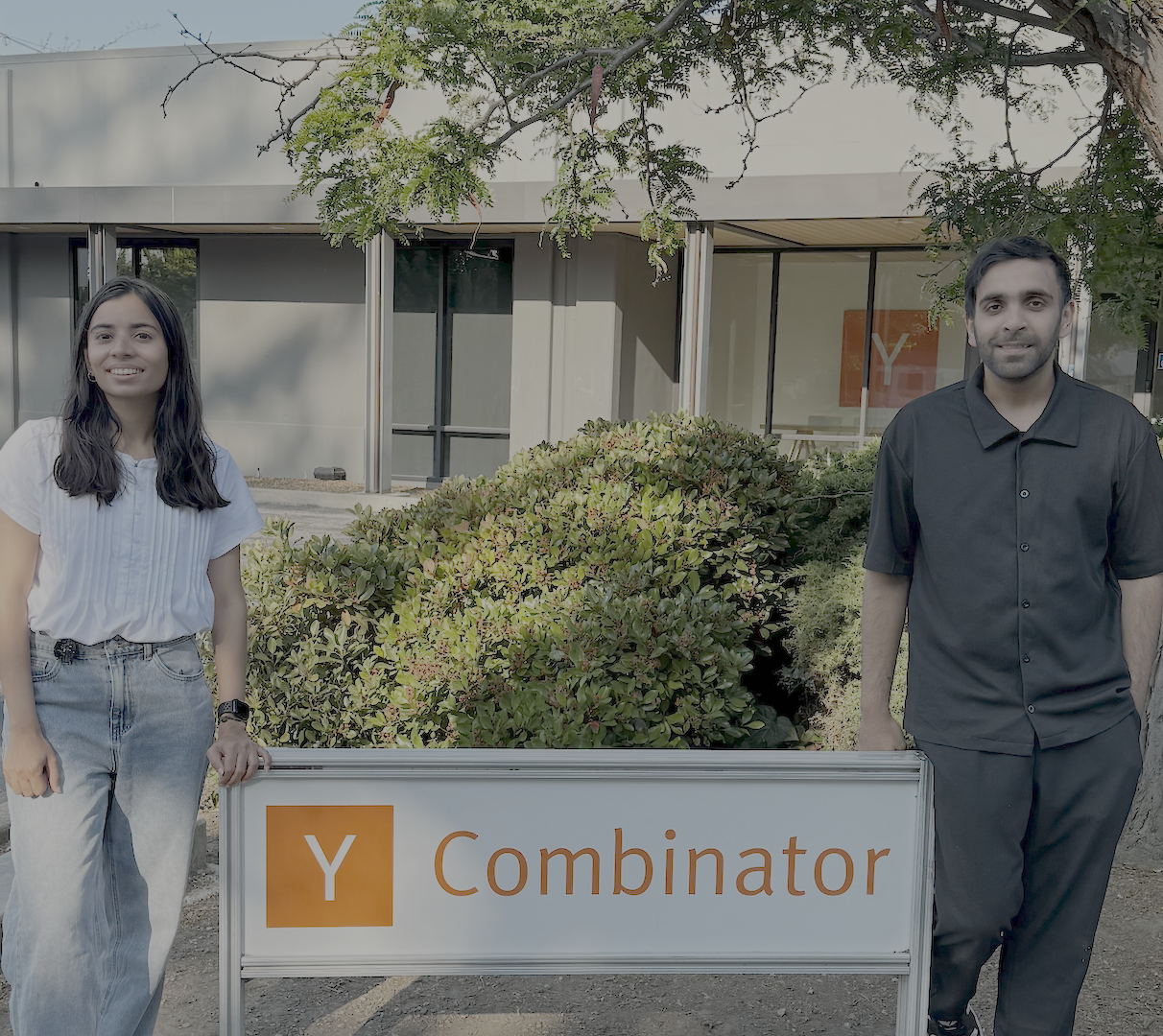In today's interconnected business environment, companies of all sizes are increasingly embracing global talent acquisition strategies.
Choosing the right global HR solution has become increasingly critical for businesses embracing international talent acquisition strategies. As remote work normalizes across industries, companies need efficient, compliant solutions to manage their global workforce effectively. Deel and Remote have emerged as leading providers in this space, each offering comprehensive services to simplify the complexities of international hiring, payroll management, and compliance.
How Deel and Remote Transform Global Hiring
The foundational difference between Deel and Remote lies in their infrastructure models, which significantly impact how they handle compliance and risk management. Remote operates exclusively through in-house established legal entities in every country it serves, giving them direct control over compliance processes and intellectual property protection. This 100% owned entity infrastructure allows Remote to maintain complete oversight of all operations, potentially reducing compliance risks and ensuring greater consistency in service delivery.
Deel employs a hybrid approach, combining owned entities with strategic partnerships in certain jurisdictions. This model has enabled Deel to rapidly expand its global coverage to over 150 countries, though it sometimes relies on third-party providers in regions where it hasn't established its own entities. The approach has faced scrutiny, with concerns raised about Deel's compliance record, including investigations related to alleged misclassification and other issues.
For businesses evaluating these platforms, this infrastructure distinction creates a fundamental divergence in approach. Remote's fully-owned model provides what they describe as "watertight IP protection" and more reliable compliance, potentially at the cost of slower expansion into new markets. Deel's approach enables broader geographical coverage and potentially faster response to market demands.
Key Infrastructure Differences That Matter
The choice between these infrastructure models often depends on whether geographical coverage or compliance control takes priority in your global hiring strategy. Companies in highly regulated industries might prefer Remote's owned-entity approach for its stronger compliance controls. Organizations prioritizing rapid global expansion might find Deel's broader coverage more suitable for accessing diverse talent pools quickly.
Both platforms continue investing in their infrastructure, with Remote expanding its country coverage and Deel strengthening its compliance capabilities. This ongoing development means the landscape continues to evolve, potentially addressing current gaps in both platforms' offerings.
When evaluating which model better suits your needs, consider not just current requirements but future expansion plans as well. Some jurisdictions present unique regulatory challenges that one platform might handle more effectively than the other.
Pricing Models That Impact Your Bottom Line
Pricing transparency represents another significant area of differentiation between these platforms. Remote emphasizes its fair and transparent pricing structure, positioning itself as the more predictable option with no hidden fees or unexpected costs. Their straightforward model includes a flat fee for employer of record services starting at $599 per employee per month, while contractor management is priced at $29 per contractor monthly.
Remote also highlights that they only request reserves when "absolutely necessary," allowing clients to maximize their cash flow instead of tying up funds in deposits. This approach potentially offers cash flow advantages for growing businesses managing multiple international hires.
Conversely, Remote characterizes Deel's pricing model as less transparent, claiming it includes hidden fees for various services. According to Remote, Deel's approach involves freezing client funds in deposits and accruals, which they describe as detrimental to client cash flow. This criticism suggests that Deel's advertised rates ($599 per employee for EOR services and $49 per contractor) may not represent the total cost of using their platform.
Hidden Costs to Watch For
For businesses considering either platform, these pricing differences warrant careful evaluation. The total cost of ownership may vary significantly depending on:
- Number of international employees across different countries
- Specific countries of operation and their regulatory requirements
- Frequency of financial transactions and currency conversions
- Required deposits or reserves that might impact cash flow
- Additional services needed beyond basic EOR functionality
Companies should request detailed breakdowns of all potential fees from both providers, paying particular attention to country-specific costs and any required deposits that might impact financial planning. Ask specifically about currency conversion fees, transaction charges, and any premium features that might incur additional costs.
Both platforms occasionally update their pricing structures, so verify current rates before making final decisions. Some businesses find that negotiating enterprise agreements for larger teams can yield more favorable terms than published rates.
User Experience That Streamlines Global Operations
The user experience offered by both platforms significantly influences their practical value for day-to-day operations. Deel has earned a reputation for its intuitive interface and streamlined workflows, making global hiring processes more accessible even for organizations new to international employment. Their platform offers comprehensive document management, enabling users to generate, sign, and store compliant contracts in one central location.
Additionally, Deel provides tools for tracking work hours, managing time off, and facilitating seamless communication between employers and their international team members. These features create a cohesive experience that simplifies what would otherwise be complex processes spanning multiple systems and jurisdictions.
Remote's platform, while also designed for user-friendliness, places stronger emphasis on compliance management and HR functionality. Their system includes built-in tools for global hiring, including guidance for finding international talent. Remote's interface facilitates end-to-end employee lifecycle management, from recruitment and onboarding to benefits administration and offboarding.
Platform Features Worth Considering
When evaluating these platforms, consider which specific capabilities matter most for your organization's workflow:
- Contract generation and management capabilities
- Payroll processing and multi-currency support
- Time tracking and leave management tools
- Compliance documentation and reporting features
- Mobile accessibility and on-the-go approvals
Customer testimonials suggest that both platforms successfully simplify complex processes, though with different strengths. Deel users often praise the platform's efficiency and ease of use, while Remote customers highlight the quality of compliance guidance and service reliability.
The choice between these interfaces often comes down to specific organizational priorities-whether streamlined contractor management (where Deel excels) or comprehensive HR management tools (where Remote offers more robust solutions) better aligns with your particular business needs.
Global Coverage That Meets Your Expansion Needs
When evaluating global employment platforms, geographical coverage represents a critical consideration for businesses planning international expansion. Deel currently offers services in over 150 countries, providing impressive global reach for companies looking to hire across multiple jurisdictions. Their rapid expansion strategy has prioritized extending coverage to emerging markets and less common jurisdictions.
Remote, while initially covering fewer countries than Deel, has been strategically expanding its global footprint. Remote emphasizes that they only operate in countries where they've built their own infrastructure, rather than relying on third-party partnerships. This approach might result in somewhat narrower geographical coverage but potentially delivers more consistent service quality across all supported locations.
Both platforms continue to invest in expanding their geographical footprint, with regular announcements of new country launches. The competition between them has accelerated global coverage expansion, benefiting customers who need increasingly comprehensive international hiring capabilities.
Strategic Coverage Considerations
When evaluating which platform better suits your needs, consider these geographical factors:
- Current countries where you need to hire immediately
- Future expansion plans and their timeline
- Depth of local expertise in specific regions
- Consistency of service quality across different countries
- Special requirements for challenging jurisdictions
Review each provider's country-specific offerings, as service levels may vary between locations even for countries where both platforms operate. Some jurisdictions present unique regulatory challenges that one platform might handle more effectively than the other, making it worthwhile to investigate specific experiences in your target countries.
Compliance Management That Reduces Risk
Compliance represents perhaps the most consequential aspect of international employment management, and the two platforms take distinctly different approaches to addressing these challenges. Remote positions itself as the compliance leader, emphasizing its 100% owned entity model as providing superior protection against regulatory risks. They highlight their "reliable compliance that thousands of customers around the world depend on," suggesting their approach offers greater security for businesses operating across multiple jurisdictions.
Remote directly challenges Deel's compliance record, noting concerns about potential regulatory scrutiny related to contractor classification practices. This reference raises questions about Deel's approach to contractor classification, a particularly sensitive area of international employment law with significant potential liabilities for employers who get it wrong.
Deel, for its part, offers compliance tools including automated tax form generation, country-specific contract templates, and built-in compliance checks during the hiring process. Their platform includes features to help businesses navigate complex regulatory requirements across different jurisdictions.
Compliance Features That Protect Your Business
For businesses, the compliance distinction between these platforms demands careful consideration based on your risk tolerance and internal capabilities:
- Approach to contractor classification and misclassification risks
- Entity structure and intellectual property protection
- Tax compliance automation and documentation
- Regulatory updates and adaptation to changing laws
- Audit support and compliance documentation
Companies in highly regulated industries or those particularly concerned about misclassification risks might find Remote's owned-entity approach more reassuring. Conversely, organizations prioritizing geographical coverage and flexibility might accept the potential trade-offs in Deel's model, particularly if they have internal compliance expertise to provide additional oversight.
Integration Capabilities That Connect Your Systems
The ability to connect global employment platforms with existing business systems significantly impacts their practical utility and operational efficiency. Both Deel and Remote offer integration capabilities, though with different approaches and priorities. Deel has invested heavily in building a robust integration ecosystem, connecting with popular HR information systems (HRIS), applicant tracking systems (ATS), and accounting platforms.
These integrations allow for seamless data flow between Deel and other critical business systems, reducing manual data entry and potential errors. The platform's connectivity helps create a more cohesive technology ecosystem that supports efficient global workforce management.
Remote also offers integrations, though their ecosystem appears somewhat more limited compared to Deel's extensive network of connected platforms. Remote focuses on key integrations with major HR systems while continuing to develop additional connections. Their approach emphasizes quality and reliability of integrations over quantity.
Integration Considerations For Your Tech Stack
For businesses heavily invested in specific HR tech stacks, these integration differences could significantly influence platform selection:
- Compatibility with your existing HRIS and payroll systems
- Accounting software integrations for financial reporting
- API capabilities for custom integration development
- Data synchronization frequency and reliability
- Future integration roadmap and development priorities
Organizations using popular HRIS platforms like BambooHR, Workday, or HiBob should verify that their preferred global employment solution connects effectively with these systems. Similarly, companies relying on specific accounting platforms should confirm integration capabilities with their financial systems to ensure smooth payroll processing and financial reporting.
Beyond current integrations, businesses should also consider each platform's API capabilities and future integration roadmap. Deel's more extensive integration ecosystem might offer advantages for companies with complex tech stacks, while Remote's focused approach might deliver better results for organizations prioritizing specific core integrations.
Customer Support That Guides Your Global Journey
The quality of customer support can make or break the user experience when navigating the complexities of international employment. Remote emphasizes their dedicated support model, highlighting that they provide personalized assistance at no extra cost with impressive team retention rates. According to Remote, their customer success team maintains high retention rates, ensuring clients have a single point of contact who understands their business needs.
Remote further distinguishes their support approach from Deel's, claiming they offer dedicated support for every customer on any plan with rapid response times. This suggestion that Deel might reserve dedicated support for premium customers or provide less responsive service represents another point of differentiation that businesses should investigate based on their support needs.
Customer testimonials for both platforms reflect generally positive experiences, though with different emphases. Deel users frequently praise the platform's ease of use and the efficiency of its processes, while Remote customers often highlight the quality of personalized service and compliance guidance.
Support Elements That Enhance Your Experience
For businesses evaluating these platforms, support quality considerations should include:
- Response times across different time zones
- Access to compliance and legal experts
- Availability of dedicated account managers
- Self-service resources and knowledge bases
- Onboarding assistance and training quality
Organizations with complex international employment needs might place greater value on dedicated support relationships, while those with straightforward requirements might prioritize self-service capabilities and platform usability. Consider how your team's experience level with international employment might influence your support needs.
Both platforms continue enhancing their support offerings, with expanded hours, additional channels, and improved self-service resources. These ongoing improvements reflect the competitive nature of the global HR solutions market and benefit customers seeking more responsive assistance.
Making Your Decision Between Deel and Remote
When deciding between Deel and Remote, several critical factors should guide your evaluation process. First, assess your geographical requirements against each platform's coverage. If you need to hire in less common jurisdictions, verify that your chosen provider properly supports those locations with appropriate local expertise and entity structures. Second, carefully compare the total cost of ownership beyond the base subscription fees.
Third, evaluate the compliance approach that best aligns with your risk tolerance and internal capabilities. Remote's owned-entity model potentially offers stronger compliance control but might limit geographical flexibility, while Deel's hybrid approach enables broader coverage but might introduce additional compliance considerations in certain jurisdictions.
Fourth, consider your integration requirements and existing technology ecosystem. The platform that connects more seamlessly with your current HRIS, payroll, and accounting systems will typically deliver greater operational efficiency and data consistency.
Decision Framework For Platform Selection
Follow these steps to systematically evaluate which platform better serves your needs:
- Define your specific global hiring needs and priorities clearly
- Create a detailed list of countries where you need to hire now and in the future
- Assess your internal compliance capabilities and risk tolerance
- Evaluate your budget constraints and cash flow considerations
- Review your existing technology ecosystem and integration requirements
- Request detailed demos focused on your specific use cases
- Speak with reference customers in your industry or with similar needs
- Consider starting with a pilot program before full implementation
Remember that neither platform represents a one-size-fits-all solution. Your specific business context-including company size, industry, growth trajectory, and international ambitions-should ultimately determine which provider better aligns with your requirements.
Future-Proof Your Global Workforce Strategy
The competition between Deel and Remote reflects broader trends reshaping global workforce management. As remote work continues normalizing across industries, solutions that simplify international employment will become increasingly essential for businesses of all sizes. Both platforms are continuously evolving, expanding their geographical coverage, enhancing compliance capabilities, and developing new features to address emerging challenges.
Looking ahead, we can expect further innovation from both providers as they respond to changing regulatory landscapes and evolving business needs. Areas likely to see continued development include enhanced compliance automation, more sophisticated tax optimization tools, expanded benefits administration capabilities, and deeper integrations with wider business systems.
For businesses evaluating these platforms today, the decision extends beyond current features to include consideration of each provider's innovation trajectory and strategic vision. Remote's compliance-focused approach and owned-entity model positions them well for businesses prioritizing risk management and standardized global operations. Deel's flexibility and broader geographical coverage may better serve organizations prioritizing access to global talent pools and rapid scaling across diverse markets.
Ultimately, the choice between Deel and Remote represents more than a vendor selection-it's a strategic decision about how your organization will approach global talent acquisition and management in an increasingly borderless business environment. By thoroughly evaluating both platforms against your specific requirements and future ambitions, you can select the partner best positioned to support your international growth while navigating the complex compliance landscape of global employment.
Simplify Startup Finances Today
Take the stress out of bookkeeping, taxes, and tax credits with Fondo’s all-in-one accounting platform built for startups. Start saving time and money with our expert-backed solutions.
Get Started









.png)









